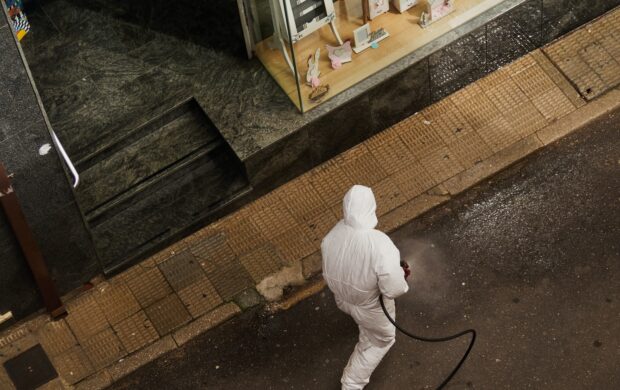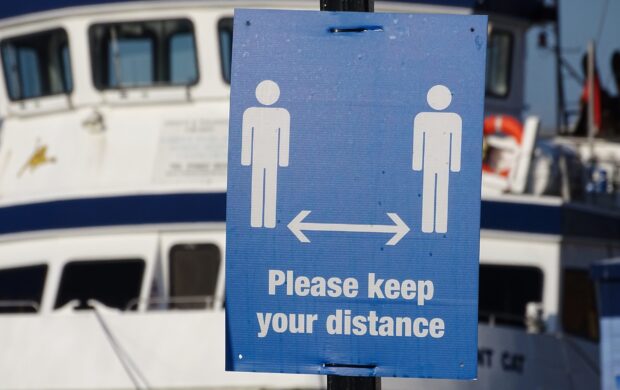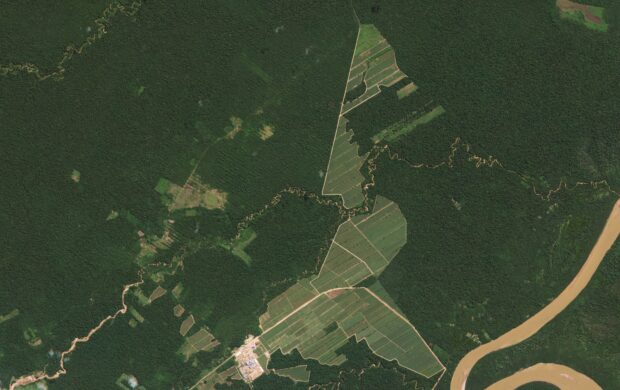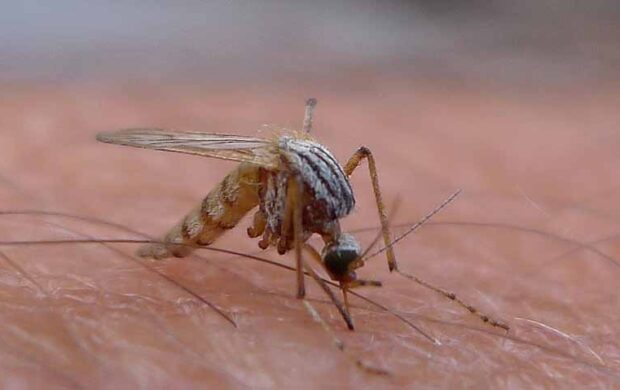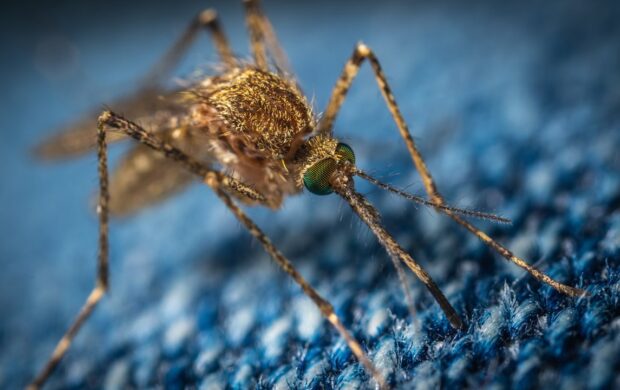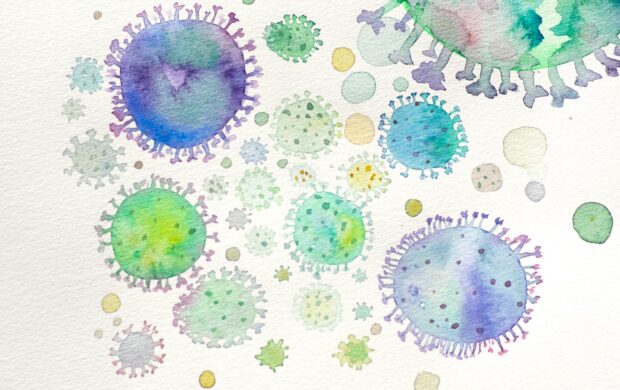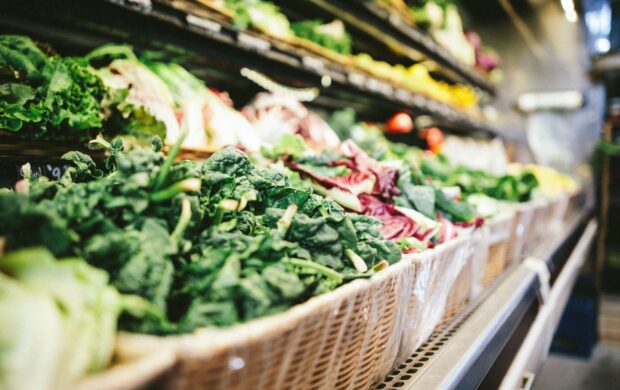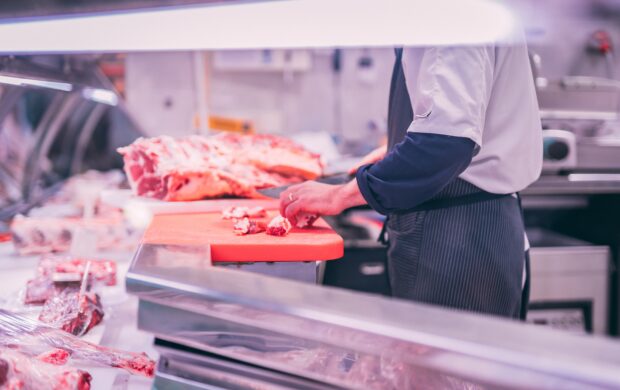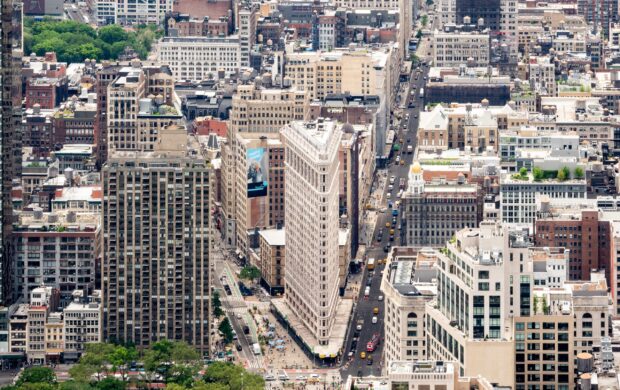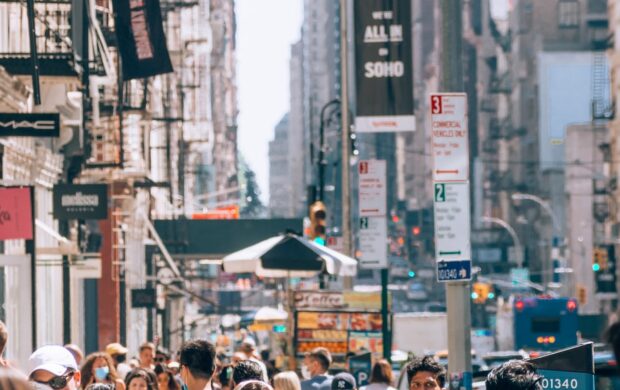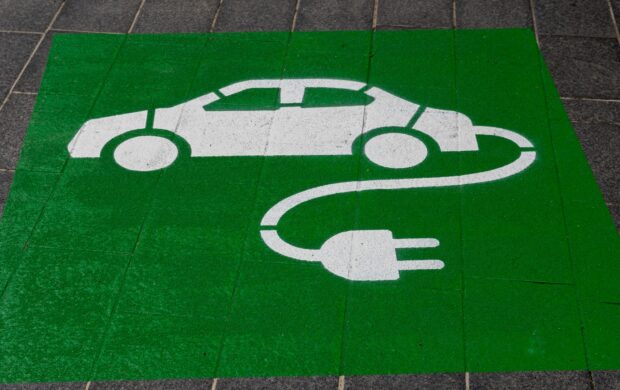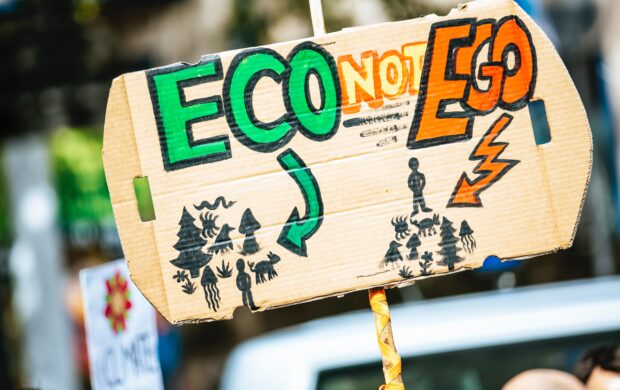The links between deforestation and the emergence of novel pandemics are being highlighted by researchers who say that the increasing disruption of wild forest ecosystems transfers viruses from their natural animal hosts, while simultaneously creating degraded habitats that facilitate easier transmission to humans. Around 60% of the 335 new diseases that have emerged since 1960 are zoonotic (originating in animals).
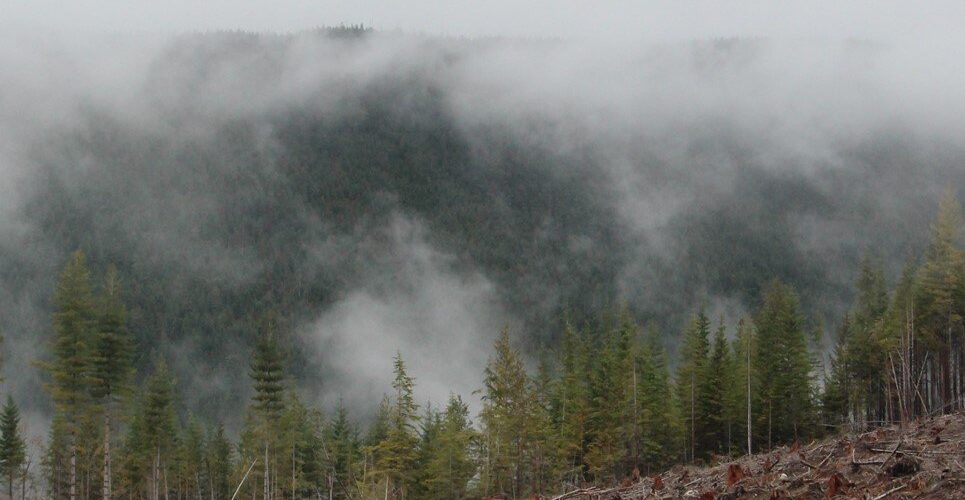
Professor Thomas Gillespie of Emory University describes the Covid-19 outbreak as potentially ‘the tip of an iceberg’ as major landscape changes from urban and industrial development now expose new pathogens to humans every year. Crucially, the real risks come from the degradation of ecosystems, rather than the ecosystems themselves. Rats and various species of bat thrive when humans disrupt habitats – and these are the species most likely to spread zoonotic diseases to us such as Ebola and Covid-19.
So what?
Virologists now say that we are in an era of chronic emergency for human health from the risk of zoonotic pandemics, with the only systemic cure being a real and sustained shift to biodiversity and ecosystem protection. What would it look like it if we took this risk seriously in the wake of Covid – and recognised the overlap with climate mitigation? A profound shift on deforestation and its related supply chains? A new approach to urban expansion and planning?
Signal spotter: Joy Green
